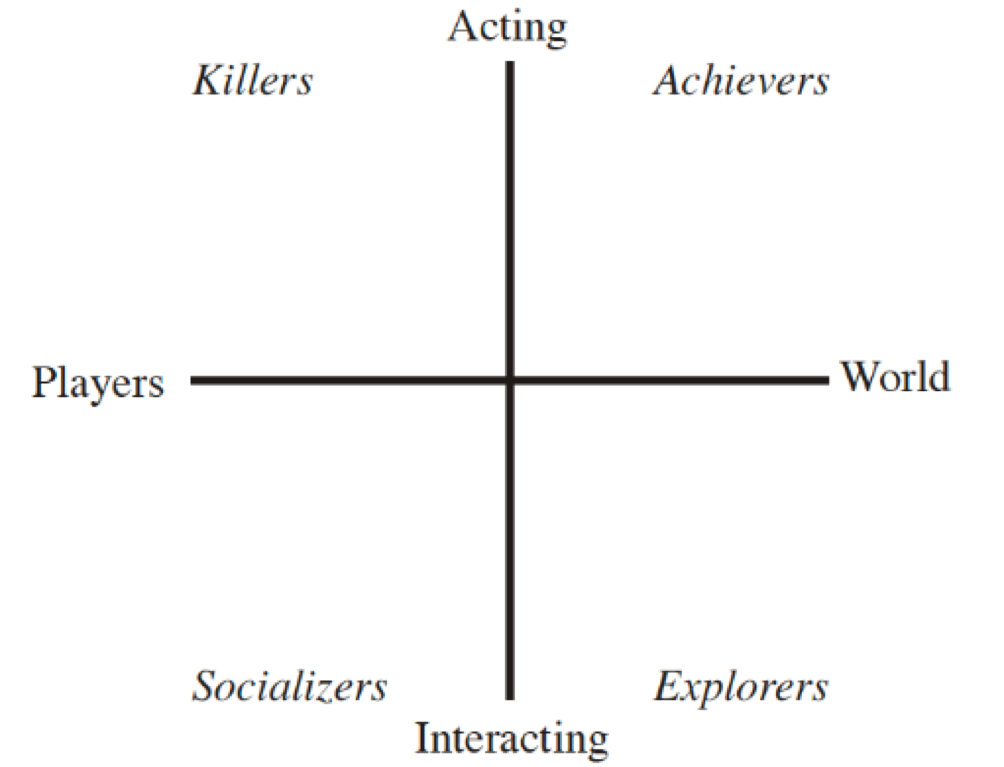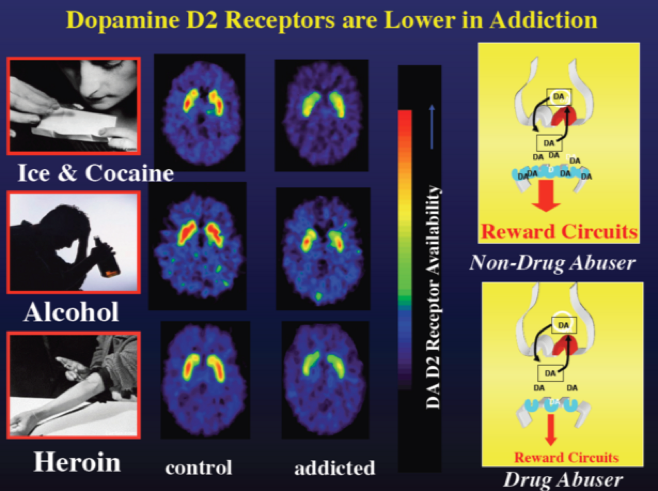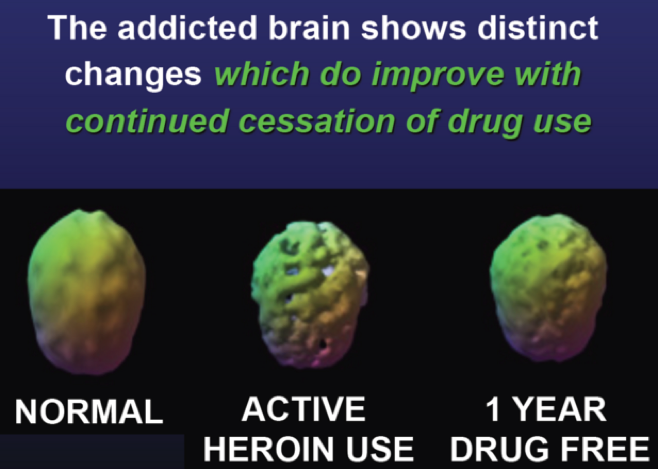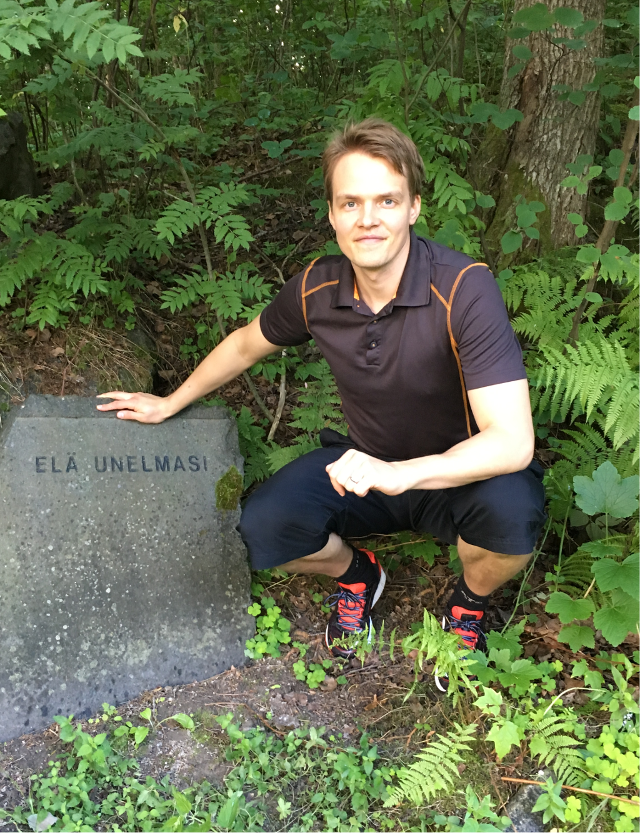How does your game develop?
The brain is an interesting organ; like muscles, it improves with practice, but the capacity for improvement is infinitely more diverse. How we live and the kind of impulses we provide our brains with strongly affect the kind of reality we’ll live in. For some people, the world unfolds, just as it did for Neo in the movie Matrix when he chose the red pill. For some the truth is too much. As for me, I belong to the group who would rather face the tainted truth than pretty make-believe.
When it comes to occupations of passion, there’s an unfortunate downside – they tend to narrow the scope of your interests. The brain will focus all of its capacity on a small area. Some of the synapses in the brain will remain unused. Despite that, passion is the only road to the “flow” zone, the most productive instance of work, where there is no sense of time or dimension. When you’re in flow, you’re one with what you do.
Excellence is often achieved only through the flow state. The line between passion and addiction is a thin one. It’s often the very same phenomenon when considered physiologically. The only difference might be the relationship between the subject, the action and the world. Regardless, whether you’re a winner or not has little relation to whether you have a winner’s brain.
Know your psychological game
When I was studying psychology, I learned a lot about my psychological profile.
I was part of the killers and the achievers. I was stimulated by challenge and reward. This group often includes natural politicians and High Stakes poker players.
Other psychological profiles include socialites, such as railbirds – those, who tend to love gathering at forums to share their worldviews – on poker, for example. For them, hanging out with the community is a higher priority than the topic they flock to.
Adventurers/seekers are curious by nature, always searching for something new and exploring new possibilities.All of us have different psychological depths and dimensions, but there’s usually one dominant persona. Science is curiosity and, through my studies, I later discovered the developing adventurer/seeker aspect of my own brain. These days it seems to be my dominant aspect. I also experienced a strong desire for socialization, a tribe of my own – a chance to philosophize and improve the world with others.
We might not be born with a specific profile, but rather grow into one through our choices and the impulses we feed to our brains.
https://en.wikipedia.org/wiki/Bartle_Test
Know your physiological game
Poker provided me with an adventure into my own physiology, psyche and intuition. In the throes of the frantic game, my amygdala and the reward system in my brain were faced with a crossfire of strategy, logic, pressure, emotions and impulses. My suspicions were confirmed; playing permanently alters the structure of the brain.
”Approximately 8% of players aged 8-18 have a psychiatrically diagnosed addiction in the United States : brain studies point to changes in their nervous reward systems. The changes are similar to those of alcohol and drug abusers.”
– Daniel Coleman, Focus

Addicted Brain, Your Family Doctor
I became more and more engrossed in the functions of the body and the neural and hormonal changes caused by playing. I wanted to understand the physiological cause and effect behind my actions.
My bachelor’s thesis discussed the medical treatment of game addiction. I thoroughly explored the functions of the pleasure center in the brain and its possible disturbances in various contexts. I studied the different forms of a drug called Naltrexone, commonly used in the treatment of alcoholism for the past few decades. Recently, Naltrexone has been increasingly studied as a method for treating game addiction. My dream was to one day be able to participate in the development of a medical solution to gaming problems. My supervisor was a specialist researcher in the department of health and welfare, who had over the years interviewed hundreds of people struggling with gambling problems, be it with poker or slot machines. The discussions we shared gave me perspective.
In my Master’s thesis, I intended to advance to analysing the possible hormonal changes caused by gaming.
Anyone who has spent some time at a game table knows the concept of ”poker sweat” – that special, enticing scent, so different from the common everyday sweat, produced by the stress hormones within our bodies during that nerve wrecking wait as the opponent’s timebank sluggishly crawls towards zero while they consider whether to go with our bluff or not. When checking out a poker tournament, that atmosphere of stress, excitement and anticipation can be felt all over, in people’s gestures, their expressions and eyes. The scant nuances of eye movement and body language convey the nervousness and expectancy born from adrenaline. The air is tense. Like an energy field, formed by the synergy of people drawn together by risk, achievement and the anticipation of a reward. You’re among sharks – killers and achievers.
My time at the university taught me that I don’t have the makings of a researcher. I was much too boisterous and impatient. I broke all the lab safety rules by creating innovative, optional and speedy synthesis routes for reagents decorated with pictures of skulls and crossbones, along with their painfully slow and rigid interphases and synthesis. I yearned for action and vision – the same pressure and excitement a game table could provide. My brain craved dopamine.


